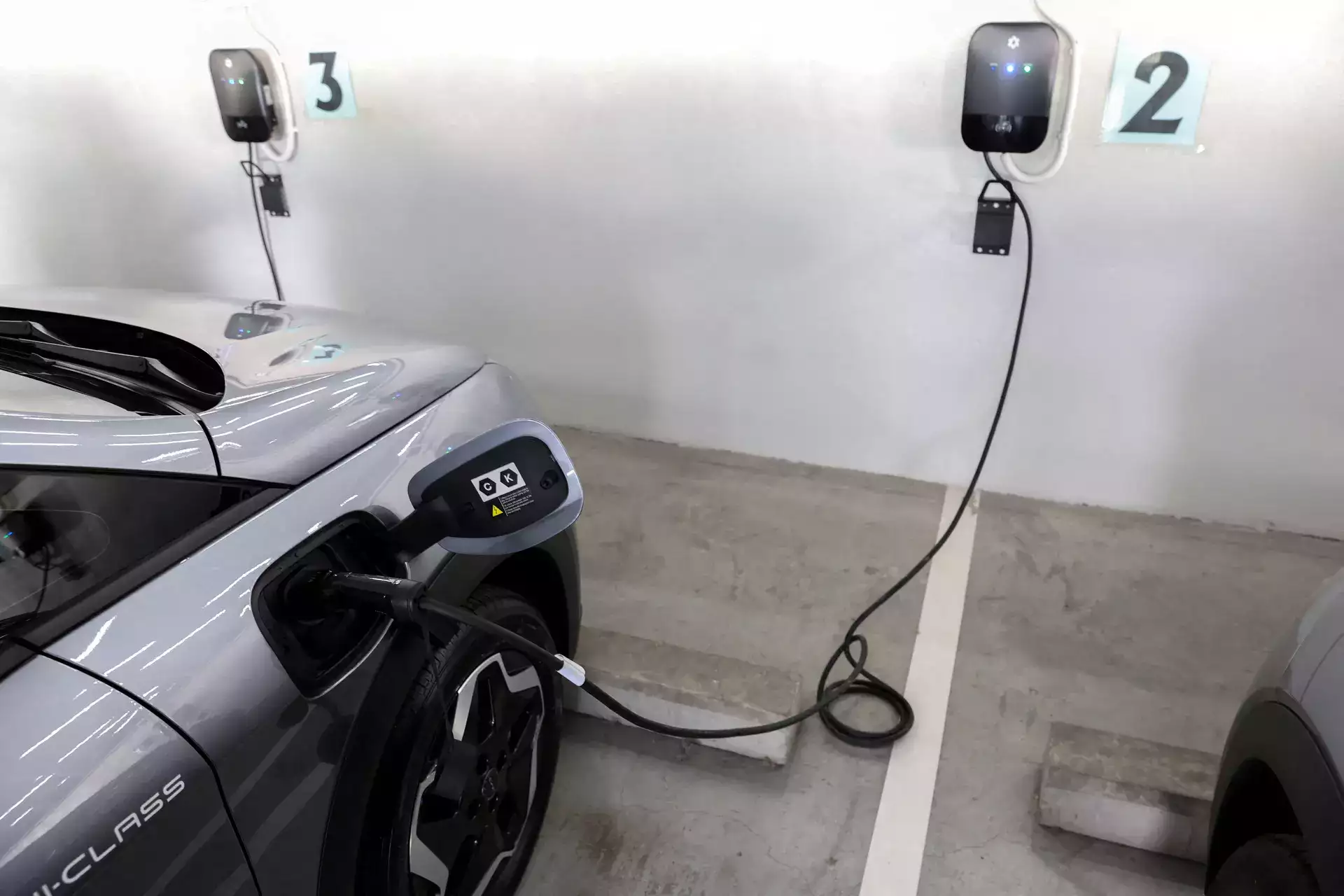
Thailand, a regional auto assembly and export hub, is BYD's largest overseas market, where it is the top-selling electric vehicle brand. BYD last month opened a factory in Thailand, its first in Southeast Asia.
Rever Automotive, BYD's Thailand distributor, this week announced a cash-back programme and discounts at charging stations until March 2025.
Existing BYD customers can receive cash back of up to 50,000 baht (USD 1,382) on their next purchase of the ATTO 3 or BYD Seals models from July 18 to the end of August, Rever said in a Facebook post.
But an investigation by Thailand's Consumer Protection Board will continue, with new complaints coming in, now more than 100, said Passakorn Thapmongkol, a senior official at the agency.
"We have another meeting next week to so they can explain further," Passakorn told Reuters, outlining discussions between the agency and Rever.
Rever, which has a network of over 100 dealerships across Thailand, did not immediately respond to an email from Reuters seeking comment.
BYD holds a 20% stake in Rever Automotive.
Prime Minister Srettha Thavisin asked BYD CEO Wang Chuanfu to ensure Thai consumers were protected, to which Wang assured the premier its future pricing would be appropriate.
Shenzhen-list BYD is part of a wave of Chinese automakers investing more than USD 1.44 billion to set up new EV factories in Thailand, helped by government subsidies and tax incentives.
Pledged investments from other makers include Changan Auto with USD 285 million.
The government aims convert 30% of its 2.5 million vehicle production capacity to be EVs by 2030.
Disclaimer: The copyright of this article belongs to the original author. Reposting this article is solely for the purpose of information dissemination and does not constitute any investment advice. If there is any infringement, please contact us immediately. We will make corrections or deletions as necessary. Thank you.





